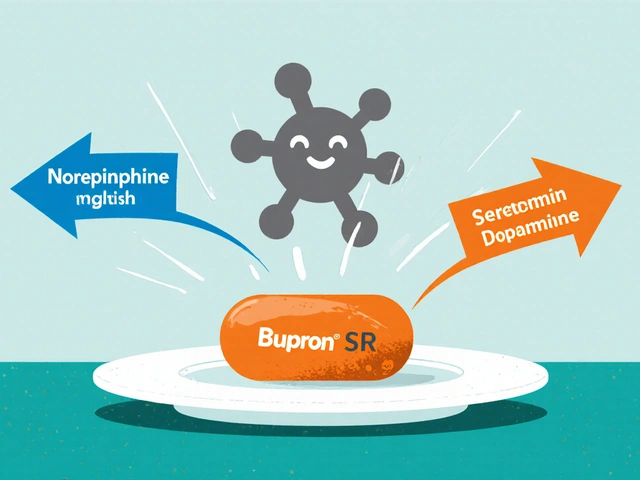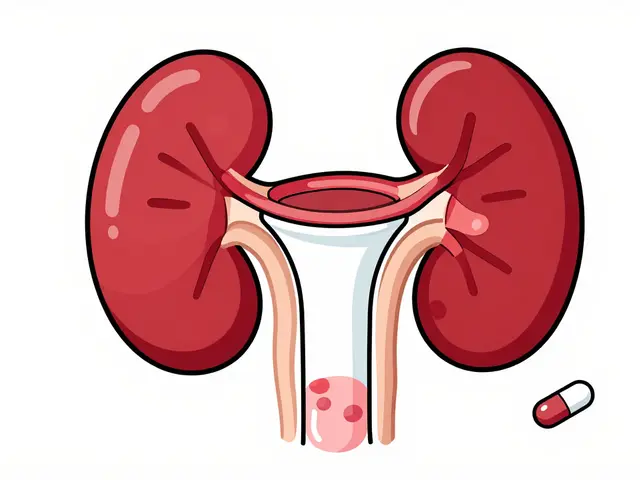Antibiotics for Sinusitis: When They’re Needed and Which Work Best
Ever wondered why doctors sometimes give you a pill for a stuffy nose and other times just say ‘wait it out’? The answer lies in whether the sinus problem is caused by bacteria or just a virus. Antibiotics only hit the bacterial bugs, so using them the wrong way can do more harm than good.
Common Antibiotics Used for Sinusitis
When a doctor decides antibiotics are needed, they usually pick from a short list. The first‑line choice is often amoxicillin because it covers the most common sinus bacteria and is easy on the stomach. If you’re allergic to penicillin, doxycycline or a macrolide like azithromycin can step in. Some doctors reserve amoxicillin‑clavulanate for tougher cases where the infection didn’t get better with regular amoxicillin.
Typical treatment lasts 7‑10 days, but the exact length depends on how severe your symptoms are and whether you have chronic sinus issues. Always finish the full course, even if you start feeling better after a few days – stopping early can let the bacteria survive and become resistant.
When to Skip Antibiotics
Most sinus infections start with a viral cold or flu, and they clear up on their own in about a week. If you have clear or yellow‑green mucus, facial pressure, and a fever that’s not improving after 48‑72 hours, that’s a good sign a bacterial infection might be present. Otherwise, rest, hydration, and nasal saline rinses are usually enough.
Overusing antibiotics leads to resistance, which makes future infections harder to treat. It can also cause side effects like diarrhea, yeast infections, and allergic reactions. If you’re unsure, ask your doctor about a “watch‑and‑wait” approach – they might give you a prescription to fill only if symptoms get worse.
In addition to antibiotics, doctors may recommend nasal steroids, decongestants, or pain relievers to keep symptoms manageable while the infection clears. Using a humidifier and staying upright can help drainage and reduce pressure.
Bottom line: antibiotics are a tool, not a cure‑all. They’re effective for bacterial sinusitis but useless against viral colds. Knowing the signs that point to a bacterial cause can save you from unnecessary pills and protect your health in the long run.
Sinus Infection Home Care vs Ampicillin: When to Use Antibiotics for Sinusitis
Struggling to tell if your sinus infection needs a doctor's prescription or just rest, fluids, and a hot shower? This down-to-earth guide walks you through how to treat mild sinus infections at home, spot serious warning signs, and know when ampicillin (an antibiotic) is actually worth it. You'll learn which symptoms matter most, when to see your doctor, and how to avoid unnecessary antibiotics while beating misery fast.






